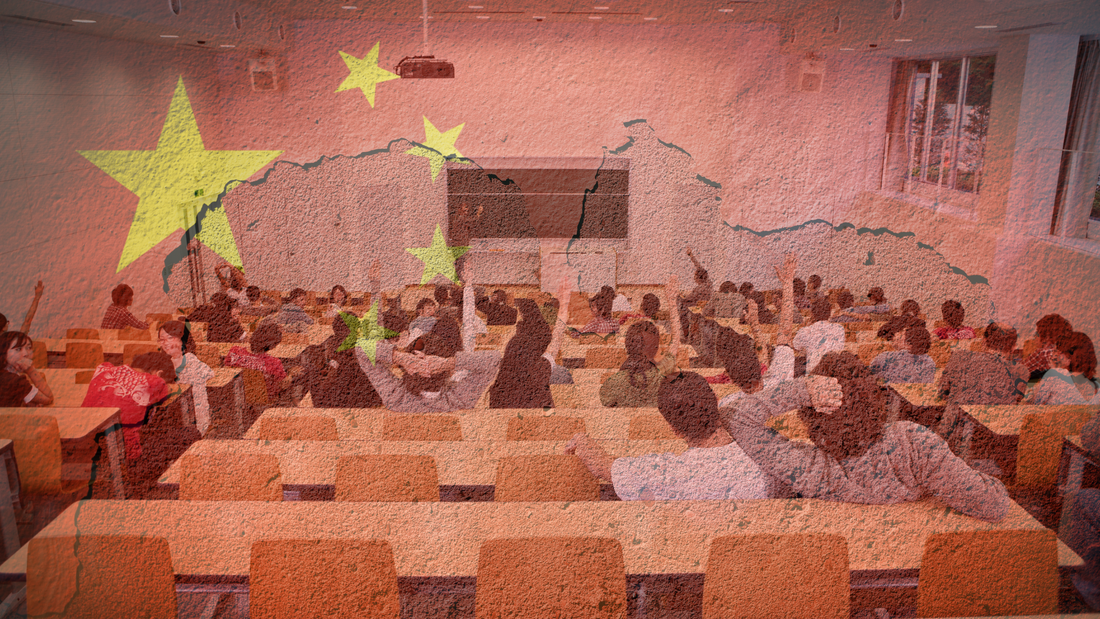|
When Protect The 1st reports on crackdowns on campus speech, the stifling of First Amendment rights is usually the handiwork of either a combination of ideological zealots and cowardly administrators, or overweening state politicians. But in today’s global environment, the threat of retaliation for speech can also come from oppressive foreign governments operating on campus.
This is a rising concern with U.S. universities that financially benefit from the influx of students from the People’s Republic of China. In 2019-2020, 372,000 students from China studied in the United States. In 2020-2021, that number declined to 317,000. Given that Chinese students inject $15 billion into bursars’ coffers, even that modest drop in Chinese enrollment – due to Covid, geopolitics, and the rising allure of European and Australian universities – is concerning American academic leaders who’ve come to depend on this revenue stream. Another concern, however, should be the price of freedom in the American academy that comes with the Chinese Student and Scholars Association (CSSA), a collegiate organization on 150 campuses across the United States. National Review’s Isaac Schorr reports how Kinen Kao, a Cornell University student, put up posters for a discussion about China’s treatment of Hong Kong, Uyghurs, and Tibet. Under the vigilant eye of CSSA, Kao’s materials were routinely vandalized and removed. When Kao was physically assaulted by members of the Chinese student community, he pulled out his smartphone to record them – only to be pushed to the ground and have to fight to keep his phone from being snatched away. Such intimidation, as concerning as it is, is mild compared to reports of Chinese students having their families threatened with imprisonment or death after posting tweets or making on-campus statements critical of the regime. A similar problem occurred on American campuses after the now largely defunct Confucius Institutes were identified by the U.S. State Department as “foreign missions” with “skewed” takes on issues that comport with the ideology of the Chinese Communist Party. Schorr reports: “CSSA’s stated purpose is similarly cultural. A key difference, however, is that their marks are not unwitting Americans but Chinese students studying in the U.S. Propaganda remains the means, but the retention of Chinese nationals, rather than the recruitment of Americans, is the end.” Of the 118 Confucius Institutes in the United States, 108 are closed or are being closed after being identified as centers of propaganda. American universities might similarly decide that there is no place on campus for state-sponsored ideological enforcers. Comments are closed.
|
Archives
June 2024
Categories
All
|
ABOUT |
ISSUES |
TAKE ACTION |



 RSS Feed
RSS Feed